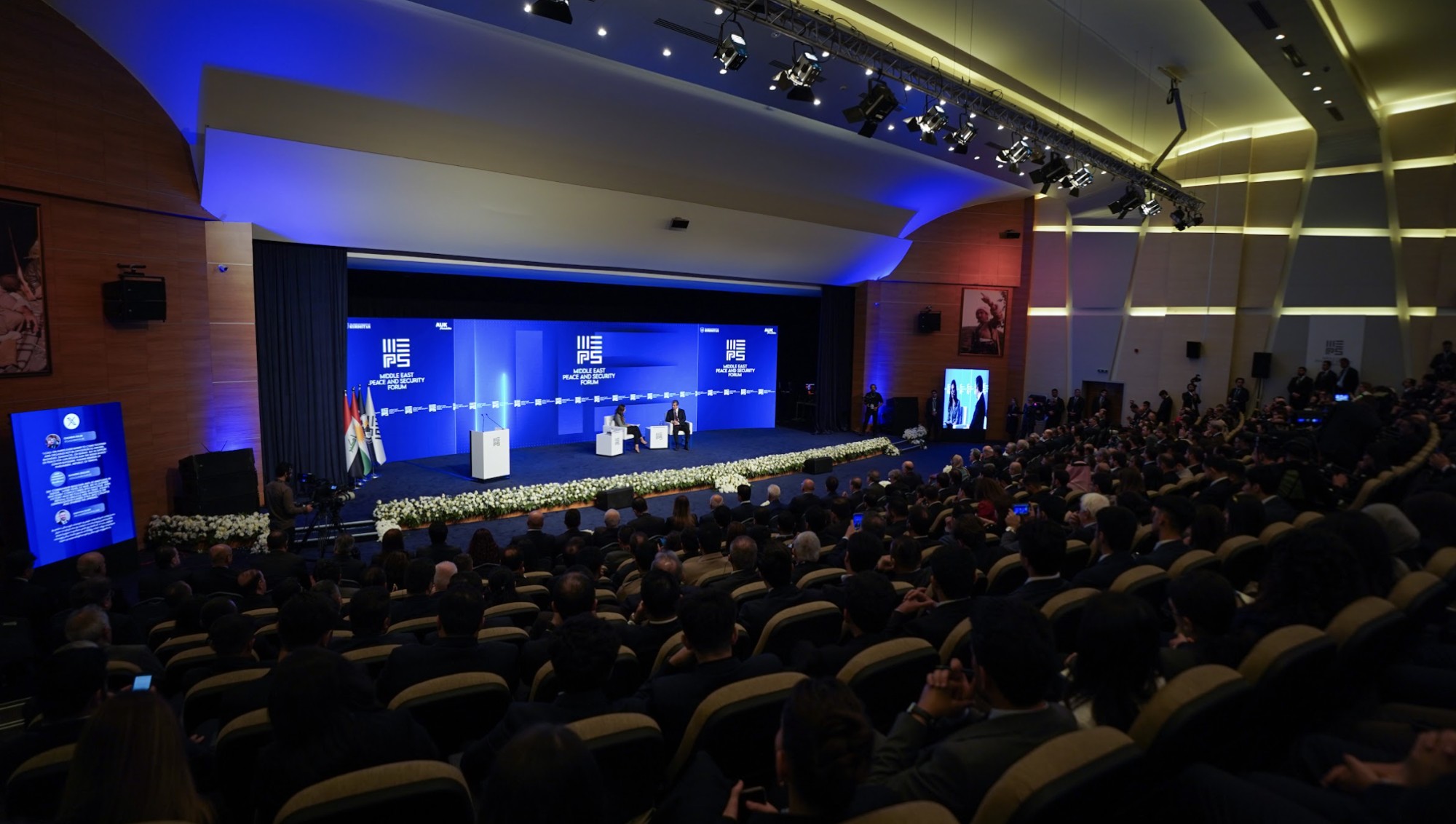To comprehend the historical trajectory of the Kurdish intellectual heritage, it is imperative to undertake a brief retrospective historical analysis. Beginning from the late Ottoman Empire period, we will examine the impact of colonial-assimilation policies implemented during the Committee of Union and Progress (CUP) and Kemalist eras on the development of the intellectual potential underpinning national and historical consciousness. Subsequently, we will attempt to elucidate the intellectual and cognitive consequences on Kurdish society and its intelligentsia of the displacement of Kurdish elites and intellectuals from Kurdistan, illustrating this impact with examples. Before delving into the devastation wrought upon the intellectual accumulation in Kurdistan, we will also touch upon the concept of nationalism. In this context, we will explore themes such as diaspora nationalism, ethnic nationalism, and territorial nationalism, providing an outline of the main contours of the issue.
To facilitate a deeper understanding of these subjects, it is advantageous to first examine the observations of two eminent theorists of nationalism: Benedict Anderson and Anthony D. Smith.
Benedict Anderson was a renowned political scientist and historian of Anglo-Irish descent. His 1983 book Imagined Communities: Reflections on the Origin and Spread of Nationalism has since become a seminal text in the field of nationalism studies. According to Anderson, the formation and dissemination of nationalism transpired through elements such as the modernization process, the development of the press and printing technologies, and language standardization. Particularly, the role of language and printing presses was pivotal in the emergence of modern nation-states.
An essential aspect of Anderson’s theory of nationalism is diaspora nationalism. Diaspora nationalists harbor the desire to maintain their national identity while simultaneously not wishing to sever ties with the society in which they live. In other words, this type of nationalism functions as a “phantom foundation” for individuals who seek to experience a national connection but do not actually wish to detach from diaspora communities. This nationalism encompasses a longing for a lost homeland while also internalizing the society in which they reside as their homeland. For instance, the sentiments of some Kurdish intellectuals in Sweden are grounded in these principles. The concept of the “shared homeland” represents a much earlier stage in this context.
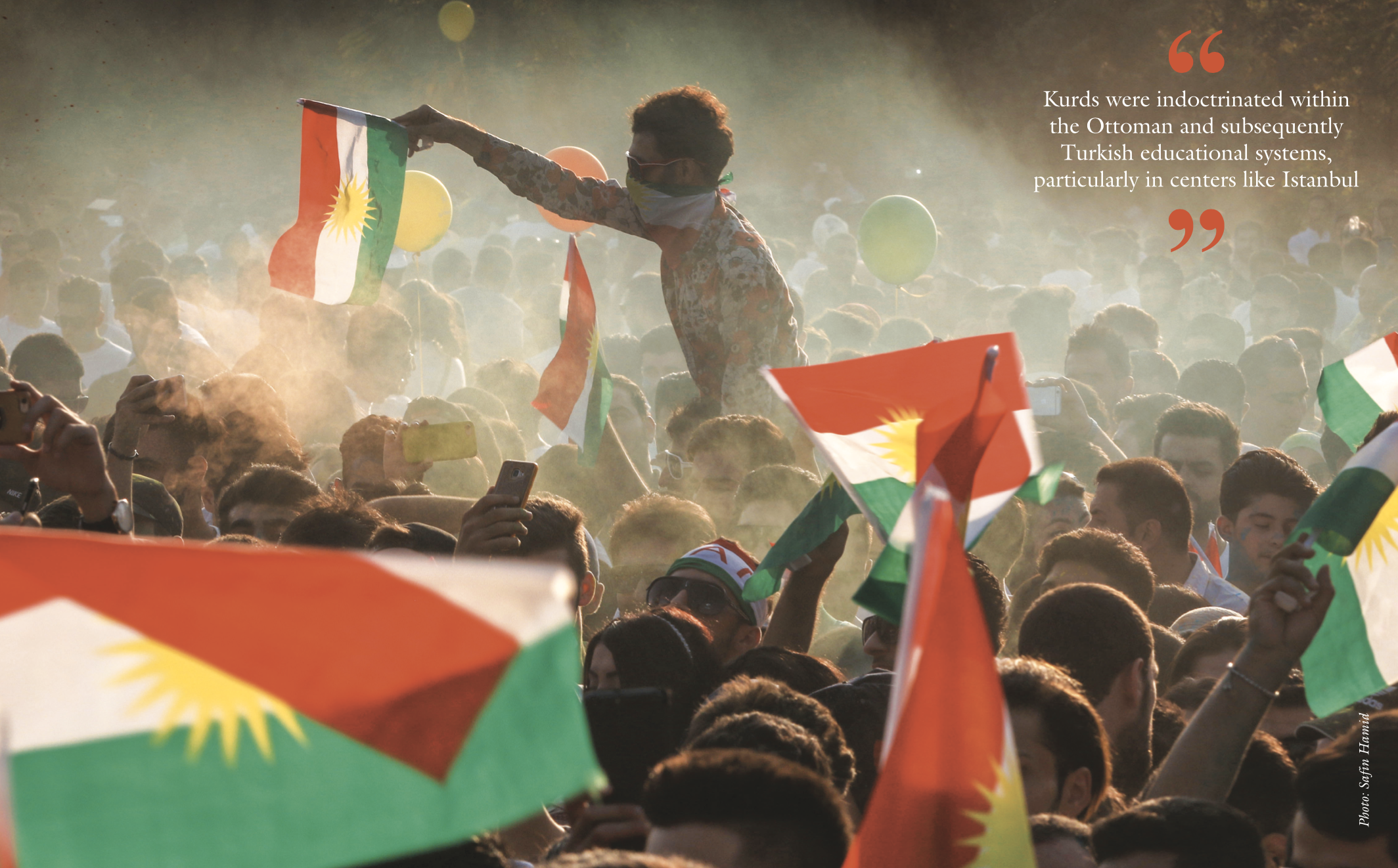
British historical sociologist Anthony D. Smith, meanwhile, categorized nationalisms into two primary types: “ethnic” and “territorial.” According to this classification, territorial nationalism is distinguished from ethnic nationalism, which emphasizes ethnic continuity, by its attribution of sanctity to a specific piece of land and its identification of the community’s existence with that territory. Territorial nationalism is, by nature, focused on founding a nation-state. On the other hand, ethnic nationalism does not focus on territory and, therefore, does not entail demands for independence and statehood; instead, it expresses the desire to exist culturally within the country in which it resides.
Considering this theoretical framework, when we examine the concept of Kurdistan and Kurdish nationalism, we observe how the social fabric and intellectual accumulation of Kurdish society have been devastated through processes of exile, plunder, denial, and assimilation. The centralization policies initiated by the Ottoman Empire in the first quarter of the 19th century, particularly the Tanzimat reforms launched by the 1839 Edict of Gulhane, aimed to abolish the administrative and political status of the Kurdish emirates. This was a maneuver to re-colonize and annex Kurdistan. To achieve this, efforts were made to dismantle political and administrative structures such as Kurdish mirs and the emirate system, as well as to persecute Kurdish intellectuals.
The operation initiated with this rationale was concluded in the mid-19th century. Kurdish mirs and their families were exiled from Kurdistan and relocated to Istanbul and other regions of the Ottoman Empire. Emergent Turkish nationalism, rooted in the late Ottoman period, perpetuated its colonial policy towards the Kurds and Kurdistan during the era of the CUP. The resolutions made at the secret CUP congress held in Salonica in 1911 were meticulously implemented, resulting in the continuation of policies of exile, demographic restructuring, and colonial assimilation.
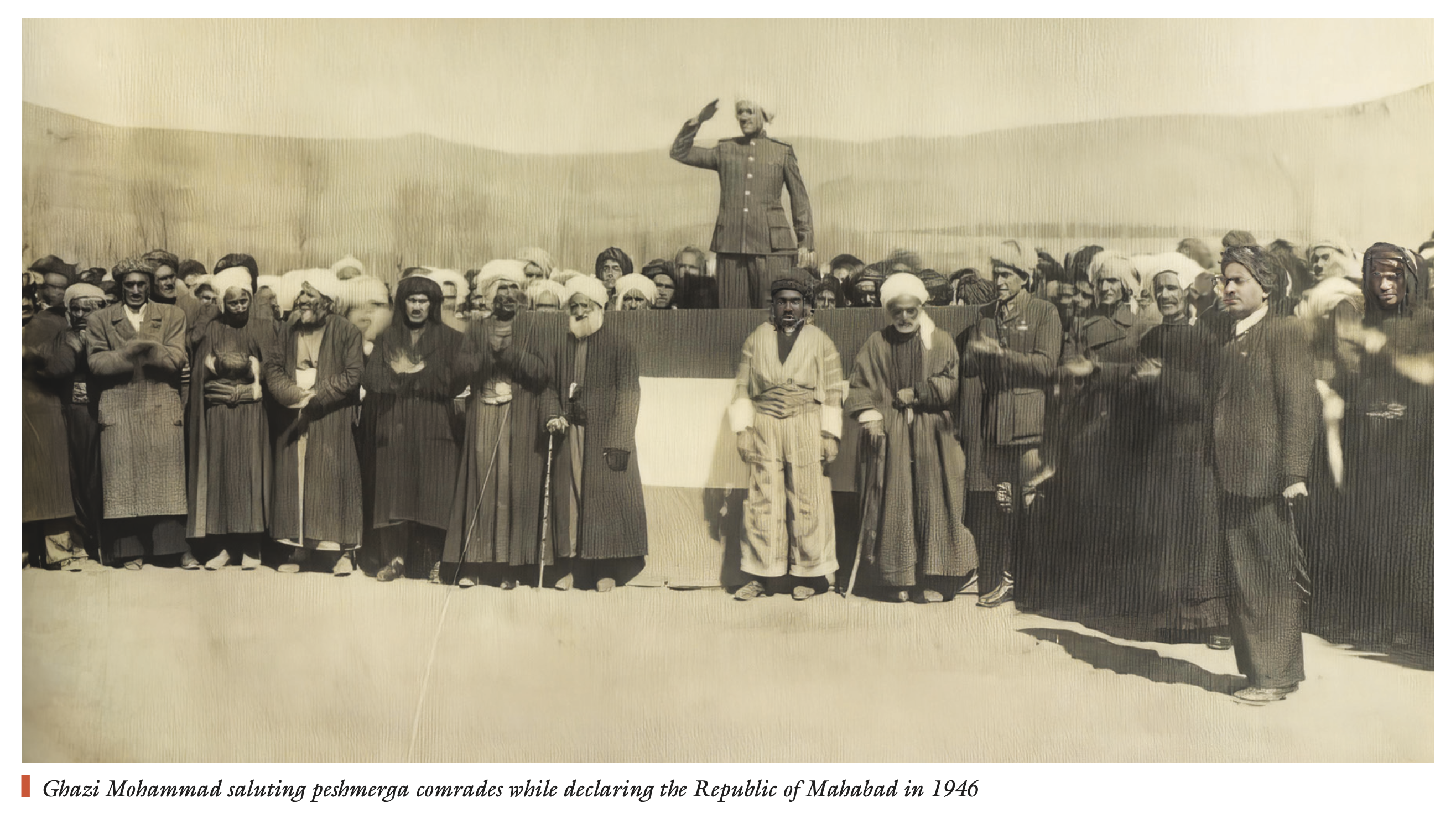
Additionally, the development of land-based nationalism was hindered by the displacement of Kurdish intellectuals from their ancestral lands. Turkish nationalism has largely achieved its goals by leaving the Kurds leaderless and devoid of intellectuals, and by relentlessly pursuing the assimilation of Kurds and other ethnic groups within former Ottoman territories. This rupture has deeply affected Kurdish intellectual circles, particularly obstructing the formation of homeland-based nationalism.
As I mentioned earlier, nationalist thought typically evolves and spreads through instruments such as schools, universities, and printed materials established on national territory. However, the Kurdish community and its intellectuals have been deprived of these instruments. Deprived of these opportunities, Kurds were indoctrinated within the Ottoman and subsequently Turkish educational systems, particularly in centers like Istanbul. Consequently, while Arab, Greek, and Bulgarian intellectuals demanded independent states, Kurdish intellectuals defended the unity of the Ottoman Empire. During this process, Kurds demanded language and cultural rights within the unity of the Ottoman Empire but did not demand freedom and independence. Therefore, land-based national consciousness did not develop among Kurdish intellectuals educated outside of Kurdistan.
In certain regions of Kurdistan, notably Barzan and Behdinan, which Ottoman-Turkish, Persian, and Arab colonizers invaded multiple times but failed to annex, the colonial assimilation policy could not be implemented. Consequently, in these regions, the intellectual accumulation that emerged, particularly in the madrasas, contributed to the development of land-based Kurdish nationalism. However, in regions where Kurdish leaders and intellectuals were exiled, where Kurdish mutasarrifs (provincial governors) and military commanders were appointed to the upper cadres of the Ottoman Empire, and where colonial annexation occurred, a “landless” nationalism developed with a focus on the unity of the Empire and state.
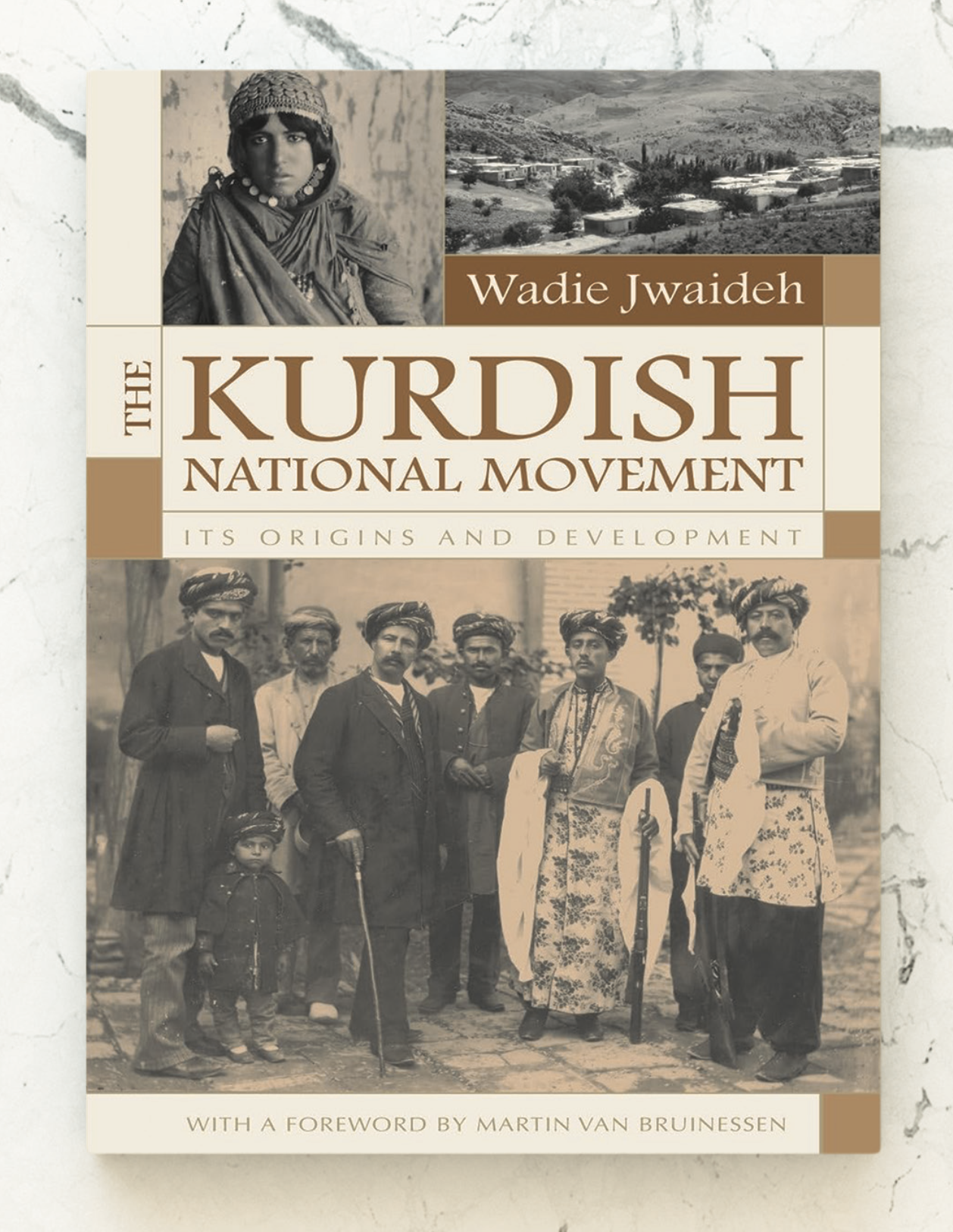
Despite the strong longing for their homeland among Kurdish intellectuals in the diaspora, land-based nationalism did not develop. The reason is clear: these intellectuals were disconnected from their ancestral society and land. Their material conditions shaped their thoughts. Diaspora intellectuals romanticize and idealize their homeland due to their separation from the land, ultimately hindering the development of land-based nationalism.
The pioneers of Ottoman-Turkish assimilation policies, by orchestrating the exile of Kurdish intellectuals from their lands to hinder the formation of homeland-based nationalist thought, demonstrated their expertise in large-scale social engineering. Musa Anter, a Kurdish intellectual who was exiled to Istanbul by the Diyarbakir Police Department and lived in Istanbul for a long time, stated that “we cannot do without Bodrum and Izmir,” an indication of the impact of exile on nationalist thought.
In the early 1900s, many Kurdish intellectuals living in exile, especially in Istanbul, Paris, and Cairo, advocated for the unity of the Ottoman Empire, even though they had once aligned themselves with the CUP movement. Meanwhile, other constituent ethnicities of the Ottoman Empire advocated for an independent state. For instance, Sharif Hussein of Mecca, through his diplomatic communications with British military diplomats, orchestrated the establishment of separate states for Arabs in former Ottoman territories, with himself as the King of Saudi Arabia, his eldest son Abdullah as the King of Jordan, and his younger son Faisal as the King of Iraq, stating “we do not want the Ottomans, we do not want the Sultan, we want an independent state.” During this period, Turkish intellectuals also sought the dissolution of the Ottoman Empire and struggled for the establishment of a Turkish state. Similarly, Balkan nations gained their independence through the dissolution of the Ottoman Empire. The Kurds, however, only demanded language and cultural rights within the unity of the Ottoman Empire.
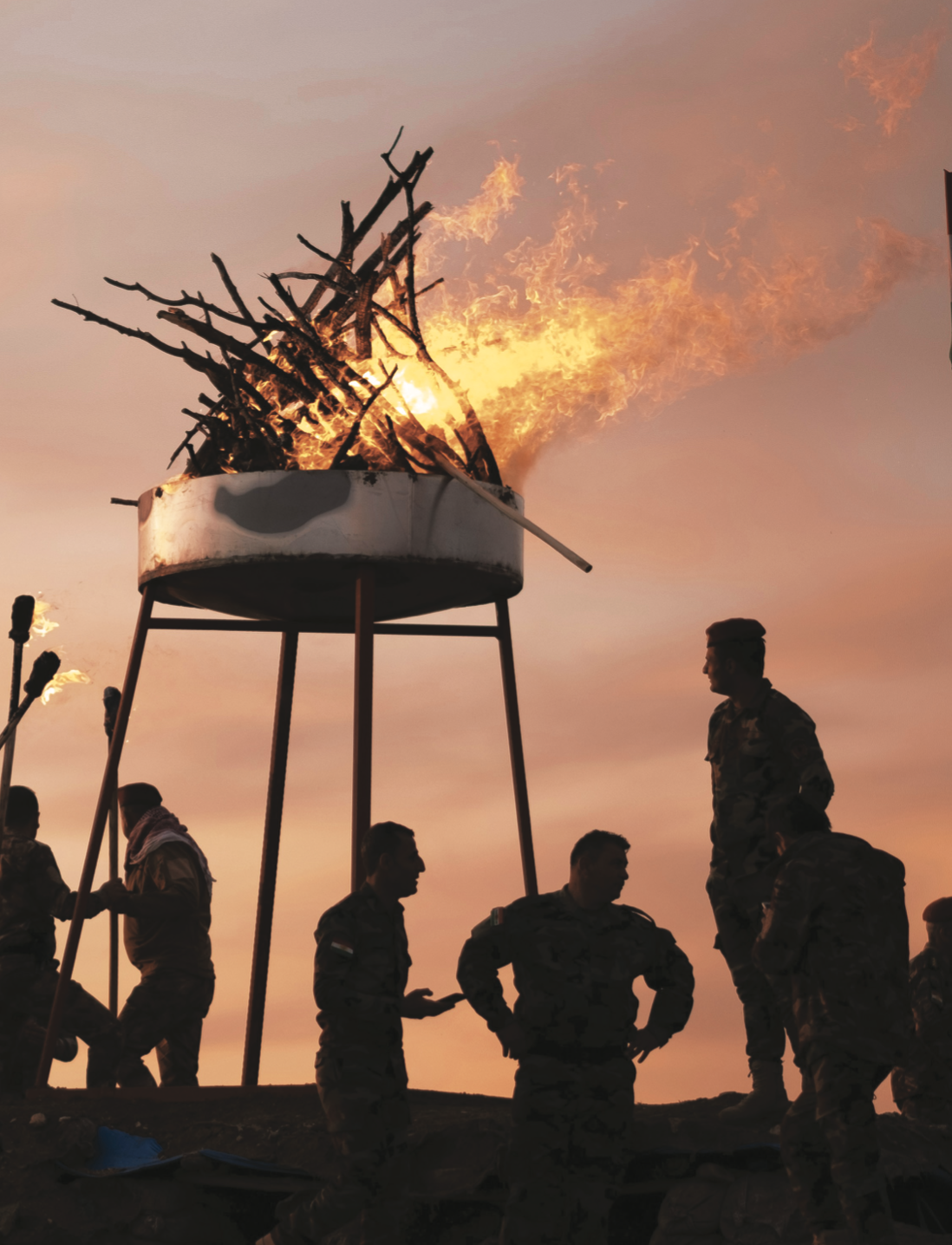
The exile of Kurdish intellectuals from Kurdistan and their detachment from Kurdish society prevented the formation of a widely accepted concept of land-based nationalism. Therefore, there was no demand for independence. Apart from Emin Ali Bedir Khan, Abdurrezzak Bedir Khan, Sheikh Abdulsalam Barzani, and Haji Qadir Koyi, most intellectuals advocated for the unity of the Ottoman Empire. In the breakup of the Ottoman Empire following World War I, all the nations in the Balkans and the Middle East gained independence, whereas the Kurds, due to their lack of demand for independence, did not even achieve a mandate status. If the mirs had not been liquidated in the mid-19th century and Kurdish intellectuals had not been detached from their lands, land-based nationalism would likely have developed in Kurdistan, and Kurds could have had an independent state following World War I. Ottoman-Turkish thought recognized this possibility, thus taking measures to prevent it by removing the leading figures of Kurdish society from Kurdistan.
Moreover, I would like to draw attention to a phenomenon that warrants additional study. It is possible to observe even today the political differences between regions in Kurdistan where mutasarrifs and military commanders were appointed by the Ottomans and those where they were not. For example, on the whole no colonial empires appointed commanders and mutasarrifs from the Barzan-Behdinan region. Therefore, education and teaching were conducted in madrasas in these areas, and printed materials also emerged. This pattern is evident in the lives of notable Kurdish intellectuals such as Hizni Mukriyani, who first established a printing press in Aleppo and later moved it to Rawanduz. From this, we see that madrasas served as schools and centers for the publishing activities necessary for the development of land-based nationalism in Southern and Eastern Kurdistan, where colonial annexation did not take place.
Additionally, Sheikh Abdulsalam Barzani, a prominent leader in the Barzan-Behdinan region, conducted a struggle for independence and for the use of the Kurdish language on his own land. This example demonstrates that a continued connection to the land shaped a form of land-based nationalism. Today, while political actors from this region demand independence and statehood, most political leaders raised in regions where land-based nationalism did not develop and where commanders and mutasarrifs were appointed by colonial states advocate for the unity and democratization of the nation-states of Turkey, Iraq, Iran, and Syria.
As a result, there is a great similarity between the advocacy for the unity of the Ottoman Empire by a large section of Kurdish intellectuals and politicians based in Istanbul in the last period of the Ottoman Empire and the advocacy for unity and democratization in Turkey by mainstream Kurdish politics in Northern Kurdistan today. Likewise, land-based nationalists represented by Sheikh Abdulsalam Barzani in the early 1900s advocated for language and independence at that time, just as Kurdish political actors from those regions demand independence and statehood.
İbrahim Gürbüz is the head of the Ismail Beşikci Foundation.

